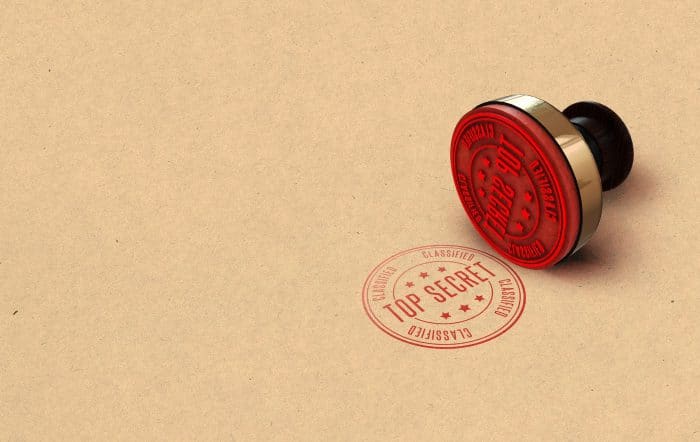One of the most important aspects of commercial debt collection for healthcare offices and companies is the proper use of a debtor’s patient data. Whether it’s with a dental office or a hospital, it’s vital to not abuse your power with a debtor’s patient information. This article explains how a debtor’s patient data can be useful in commercial debt collection efforts, how to maintain proper ethics with patient data, and how to avoid abusing patient data.
What is Patient Data?
What is patient data and how is it useful? Patient data is information about a patient that a doctor might collect when they’re visited for an appointment. This can include family health history, a disease’s symptoms, whether a patient smokes, what and how they do work every day, how often they work out, or their blood test results. Patient data can include a wide variety of vital information to the patient. A patient’s data can be used by designated healthcare and federal organizations to plan health care systems, insurance plans, payment programs, or even for health studies (Blog.BHF.org.uk).
How Can I Use a Patient’s Data?

Don’t Abuse Your Power
The main federal laws protecting and securing a patient’s data are from the Health Insurance Portability and Accountability Act of 1996 (HIPAA). HIPAA privacy, security, and breach notification rules gives patients rights of use of their health information and sets limits on how that health data can be used and shared with others. The rules also govern how patient data must be secured with technical, administrative, and physical safety measures. It’s very important to know how much of a patient’s data you can see and use.
Sometimes too much of a patient’s data can be shared with a doctor or organization; if this happens to you, it’s vital to make sure to 1) erase all unnecessary data shared and 2) report the sharing error to HIPAA and the organization that originally shared the data. Failure to do properly dispose of unnecessary data and report the error could result in significant penalties, including hefty fines, loss of collection licenses, and/or reduced authority to obtain necessary debtor information. There are several government agencies developed to track the use of patient data and make sure companies that have access to the data maintain licenses/regulations.
Sources
Blog.BHF.org.uk: https://blog.bhf.org.uk/patient-data-what-it-is-and-why-its-important-864a6f9d3383
HealthcareDive.com: https://www.healthcaredive.com/news/outstanding-medical-bills-collection-rcm/443500/

